 When two surgeons in Greece learned that a patient had developed a rare side effect following weight loss surgery, they were eager to publish the case.
When two surgeons in Greece learned that a patient had developed a rare side effect following weight loss surgery, they were eager to publish the case.
After extensive testing, the patient was diagnosed with Wernicke’s encephalopathy—a neurological disorder caused by thiamine deficiency—following a sleeve gastrectomy procedure. As the authors note in the paper, they had seen only eight other cases following the procedure in the literature.
It turns out, theirs was not the ninth. After the patient unfortunately died, he was examined by a coroner, who ruled he did not, in fact, have Wernicke’s encephalopathy. So Dimitrios Manatakis and Nikolaos Georgopoulos, both based at Athens Naval and Veterans Hospital in Greece, have retracted their 2014 case study.
When the first learned of the patient, the authors wanted to alert the surgical community to the case, given the rarity of this side effect, Manatakis told us: Continue reading Patient misdiagnosed with rare neurological side effect in retracted case study

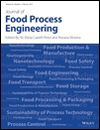 A food science journal has retracted a paper over “a breach of reviewer confidentiality,” after editors learned it contained text from an unpublished manuscript — which one of the authors appears to have reviewed for another journal.
A food science journal has retracted a paper over “a breach of reviewer confidentiality,” after editors learned it contained text from an unpublished manuscript — which one of the authors appears to have reviewed for another journal.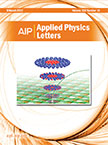

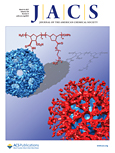


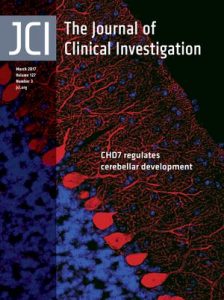
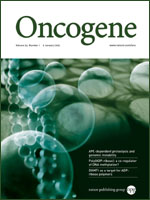 Here’s a rather odd case: When readers raised issues about some of the images in a 2008 cancer paper, the authors issued a correction last year. But when
Here’s a rather odd case: When readers raised issues about some of the images in a 2008 cancer paper, the authors issued a correction last year. But when